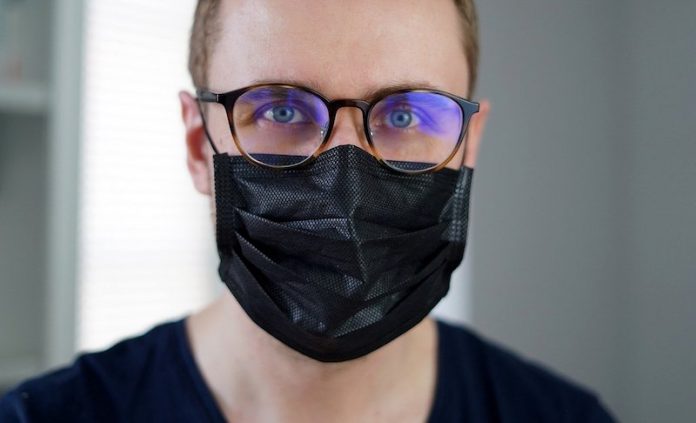
COVID-19 disproportionately affects men compared with women.
This raises the possibility that a hormone-like progesterone may improve clinical outcomes for certain hospitalized men with the disease.
In a new study, researchers found this hormone therapy could improve COVID-19 outcomes for men.
This is the first study to use progesterone to treat male COVID-19 patients whose lung functions have been compromised by the coronavirus.
The research was conducted by a team from Cedars-Sinai.
While the bodies of both men and women naturally produce progesterone, women produce much more of the hormone during their reproductive years.
In the study, the team hypothesized that the gender differences in disease outcomes might be due, in part, to a protective effect from female hormones.
In particular, progesterone has certain anti-inflammatory properties.
In the study, the team tested 40 male patients who were hospitalized with moderate to severe COVID-19 were randomly assigned to one of two groups.
Patients in the control group received the standard medical care at the time for the disease.
The men in the experimental group received standard care plus twice-daily injections of 100 milligrams of progesterone for five days while they were hospitalized.
The team found that compared with the control group, patients in the group treated with progesterone had better outcomes after seven days.
The progesterone group overall also had fewer days of hospitalization and a lower need for supplemental oxygen and mechanical ventilation.
The findings are encouraging for the potential of using progesterone to treat men with COVID-19, but future work is needed to check the effects.
Progesterone is approved by the U.S. Food and Drug Administration (FDA) for use in fertility-related conditions in women but not for the modulation of immunologic-based, inflammatory responses.
The FDA allowed this special use for the purpose of the Cedars-Sinai clinical trial under an investigational new drug application.
The study is published in Chest. One author of the study is Sara Ghandehari, MD.
Copyright © 2021 Knowridge Science Report. All rights reserved.



